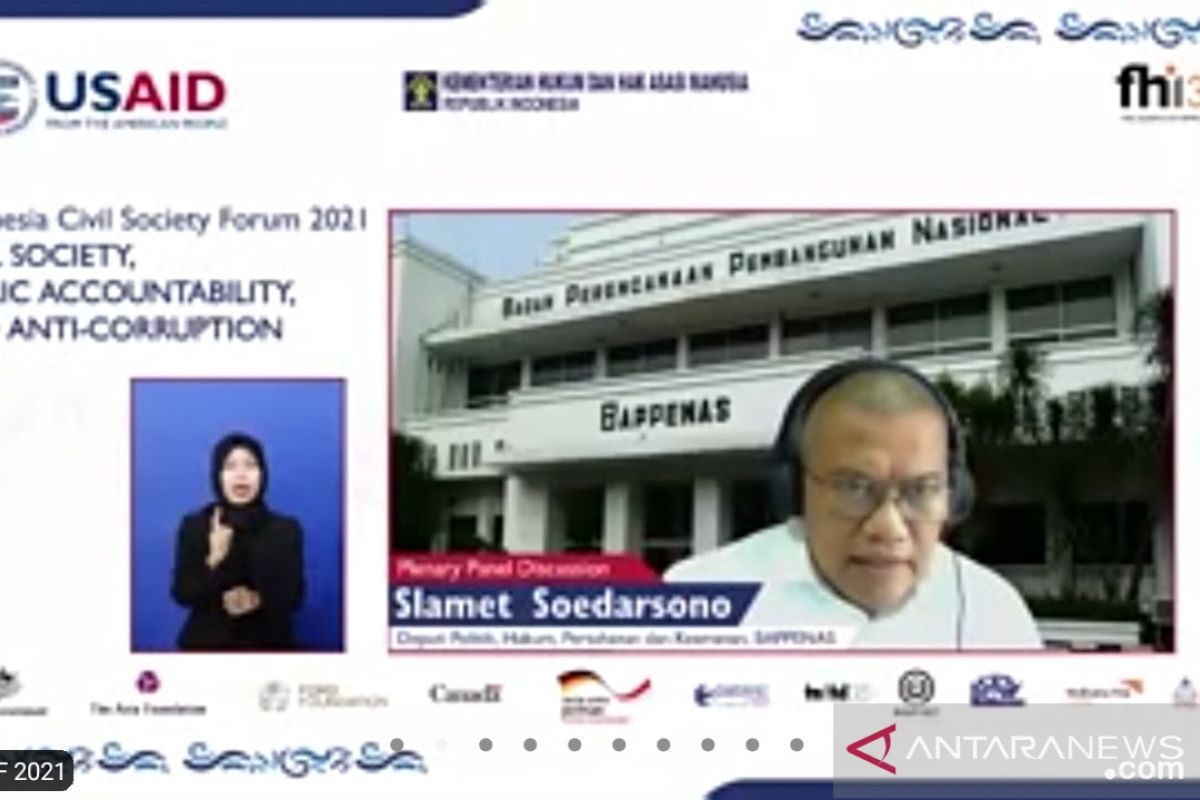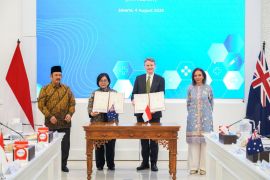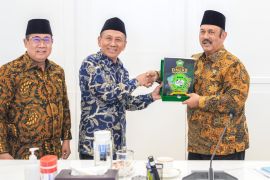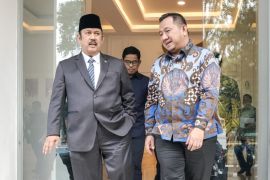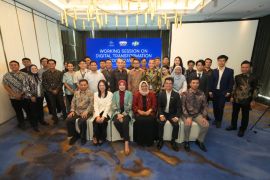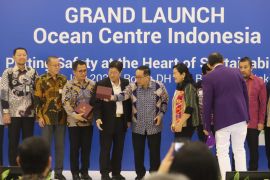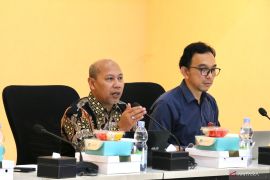"Civil society has the power to convey its courage. This is a tremendous asset, so civil society can assist in realizing the development goals, especially in order to boost the government’s performance," Deputy for Political, Defence, and Security Affairs of Bappenas Slamet Soedarsono stated here on Thursday.
Soedarsono pointed out that before the COVID-19 pandemic struck, Indonesia’s civil society organizations had encountered numerous challenges. This situation not only occurs in Indonesia but also at the regional and global levels.
The challenge is partly since Indonesia's middle class has grown, thereby propelling its economic status to an upper-middle income country. Hence, as a result, donors reduce their support for civil society organizations.
"This is since they are considered and expected to be more independent," he noted.
Amid the challenge of obtaining funding independently, the world is also battered by the COVID-19 pandemic, thereby making it increasingly difficult for organizations to obtain funding.
"Studies prove that this pandemic has negatively impacted the resilience of most of the civil society organizations," he affirmed.
In fact, over 50 percent of these organizations are in a risky and critical phase after reeling from the impacts of the COVID-19 pandemic. Under such conditions, civil society organizations are recommended to streamline programs and undertake other efforts.
Soedarsono admitted that such a condition had impeded the performance of civil society organizations. In fact, amid the pandemic, the community increasingly needs support from the organizations.
"Hence, in future, civil society organizations must become more prudent in dealing with the current situation," Soedarsono stated. Related news: VP : ASEAN civil society meeting to promote people-govt dialogues
Related news: Civil society should re-establish rule of freedoms in India: ADN
EDITED BY INE
Translator: Muhammad Zulfikar, Katriana
Editor: Suharto
Copyright © ANTARA 2021
